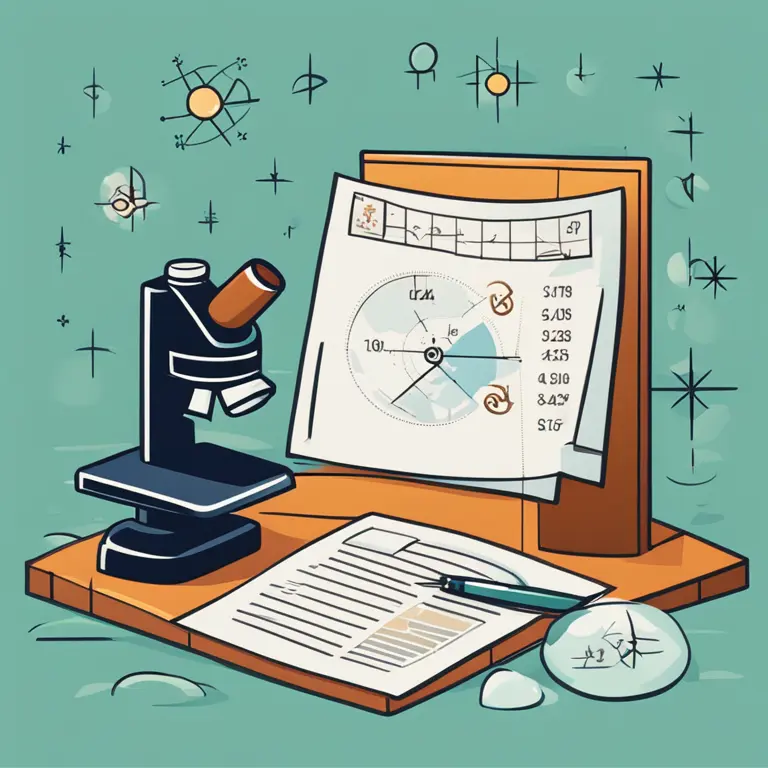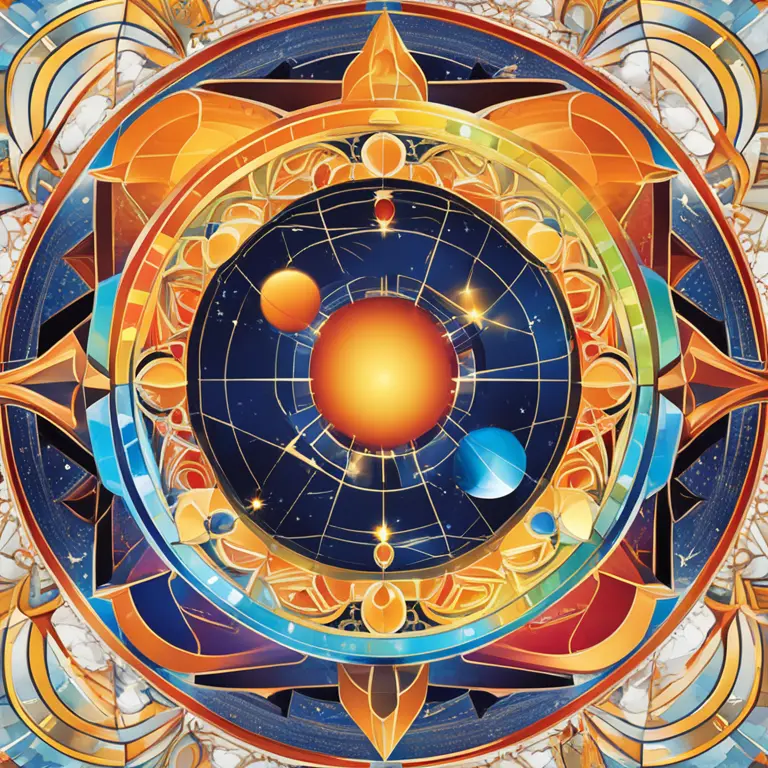
The Fallacy of Astrology: A Modern Critique
Delve into a rational analysis of astrology's claims and why, despite its popularity, it stands on shaky scientific ground and lacks empirical support.
article by Priya Deshmukh
The Questionable Science Behind Astrology
Astrology, while a popular belief system for many, faces significant challenges when held under the scrutiny of science. Even in a world constantly evolving with new technological advancements and scientific discoveries, astrology has not managed to substantiate its principles with empirical evidence. Its core ideologies, rooted in the purported influence of celestial bodies on human affairs, remain unproven despite centuries of opportunity to do so. Critics argue that this lack of validated scientific basis is a glaring red flag, making astrology's reliability highly questionable. Not to mention, the methodologies employed in creating horoscopes are often inconsistent, leading to a wide disparity in interpretations among various practitioners.

Confirmation Bias and the Forer Effect
Astrology's endurance in the modern era can be partly explained by psychological phenomena such as confirmation bias and the Forer Effect. Confirmation bias is our tendency to remember information that supports our pre-existing views while forgetting data that contradicts them. The Forer Effect refers to the acceptance of vague and generalized personality descriptions as highly accurate for oneself. Astrologers often provide broad and ambiguous statements that could apply to anyone, making them seem surprisingly accurate. However, these effects don't validate astrology; they only highlight cognitive biases ingrained in human nature.

Lack of Effect on Daily Lives
As the scientific community has broadened our understanding of the cosmos, it has become abundantly clear that celestial bodies, aside from the sun and moon, have negligible effects on our daily lives. While tidal forces and the sun's warmth are scientifically proven, planetary alignments have no known physical impact that could possibly guide human destiny or behavior. Astrology's predictions are ultimately seen by skeptics as random rather than as results of cosmic influence, rendering it an unreliable source for life guidance.

The Continual Alignment Shift
Furthermore, astrological signs no longer align with their corresponding constellations. Due to the precession of Earth's axis, there is a gradual shift in the alignment over the centuries. The phenomenon known as axial precession means that zodiac signs have drifted away from their namesake constellations. This widening gap further questions the factual foundations of astrological assertions, heaping doubt upon any supposed astrological mechanisms that rely on the original star placements.

Reproducibility and Specificity
One of the hallmarks of a scientifically valid claim is its reproducibility, where different individuals can observe the same results under the same conditions. Astrology spectacularly fails this criterion, as no two astrological readings are wholly alike, nor are their predictions consistently fulfilled. Specificity is another issue; most astrological prognostications are so general that they fail to provide any concrete or testable outcomes. This vagueness protects astrology from debunking but also deprives it of any practical value or empirical credibility.
Cultural Differences in Astrological Systems
Astrology is not a universal system. Various cultures have developed their own forms of astrology, which are often in stark contrast to one another. If astrology were a science, we'd expect a consistency across these systems, but what we find instead are vastly different methodologies and interpretations. This suggests that astrology is more a cultural artifact than a fact-based discipline. The differences in astrological traditions further dilute any claims of universal truths that astrology seeks to provide.
Modern Reliance on Data and Analytic Tools
In today's information age, we have moved towards more rigorous standards of evidence. Data analytics, statistical methods, and empirical studies have become cornerstones of understanding our world. Astrology's reliance on anecdotal experiences rather than data-driven evidence places it outside of the realms of scientific validity. People are more likely to turn to methodologies that can be quantified and evaluated critically, leaving little room for the esoteric and unverifiable nature of astrological predictions.
Published: 2/13/2024
Modified: 2/13/2024
More predictions
Come back here soon to learn more about yourself and your future


Mastering Tarot Basics: A Beginner’s Guide
Embark on a journey into the art of tarot reading with our beginner’s guide, covering fundamental concepts and practical how-to steps.


The Moon Tarot Card: Insights and Meanings
Delve into the profound symbolism and astrological implications of the Moon Tarot card for guidance and personal reflection.


The Tarot Card Deck: A Gateway to Mystical Insights
Discover the tarot deck's rich symbolism and its role in personal growth and foresight. An insightful guide to the power of tarot cards.